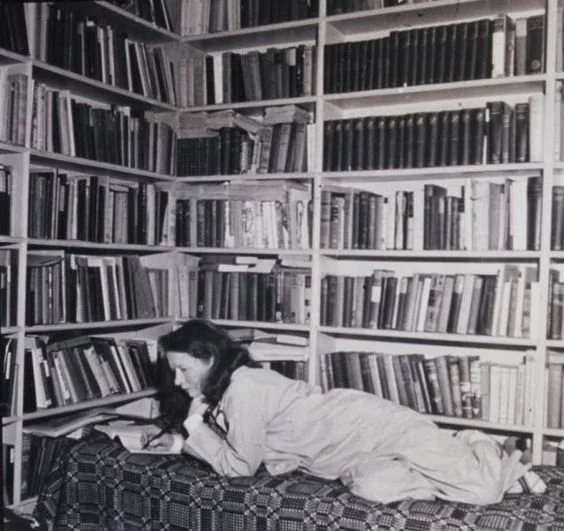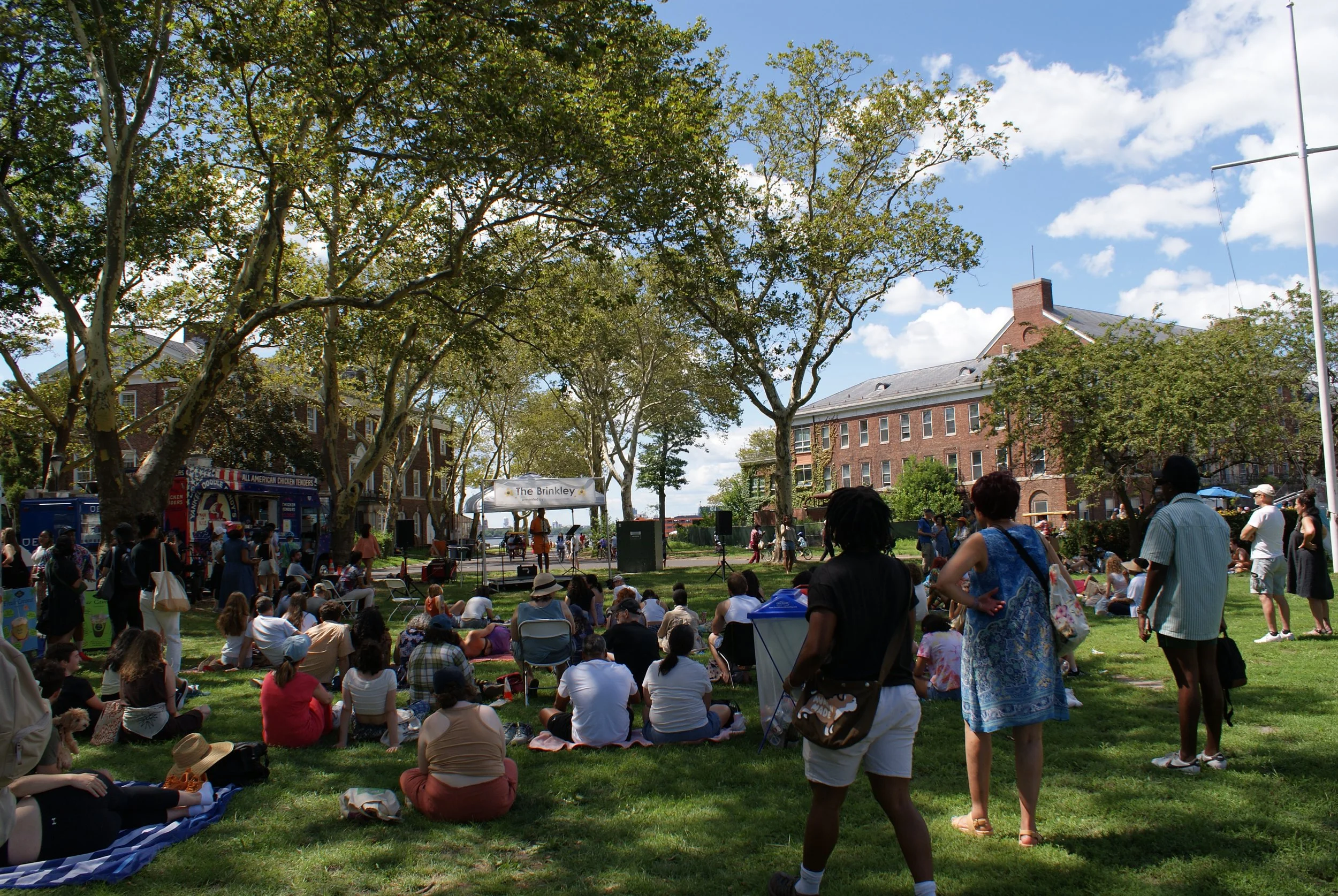I almost didn’t show up to Poetry Camp. I’d signed up months in advance, and as the date drew closer, I started devising a scheme to chicken out. I couldn’t turn my camera off going into Camp like in a virtual workshop. I couldn’t control how much or how little others see me. A zoom call features a built-in escape, a gathering of fifty poets in the woods of upstate New York does not.
Five days at Poetry Camp taught me to let others see me, to share space in a way I’d forgotten how to.
Every exercise, every workshop, every mealtime, asked for a kind of vulnerability. Sharing your writing was optional, but sharing your existence was inescapable.
On the second full day, headlining poet India Lena González led a seminar that incorporated movement and acting exercises, eye contact meditation, mirroring. Walking around in circles, head up, meeting the gaze of every person you passed.
We then found a partner and stared at them, let them stare back at us, for a span of time that was immeasurable. India’s even voice in the background reminding us it was okay to feel uncomfortable, to feel silly, to feel. It was okay to just be. It was, for me, an exercise in being perceived— in allowing myself to be perceived, not without fear but along with it. An exercise in existing.
Existing, it reminded me, is something we do together. Being alive is an inherently communal activity.
I’d been asking myself what I needed to do to acquire community, what kind of mask I needed to put on in order to be worthy of inclusion. But here, it occurred to me I had it all wrong. Maybe, community is the baseline, foundational to our very existence. What had seemed ethereal was in fact mycelial. I couldn't see it, but I was built into it all the same. Community was there all along, and I had been putting on a mask to hide from it. The outsider narrative I’d been feeding myself for years was a fallacy. I was a part of all of this, and it was part of me.
I don’t mean to say that I found a place I belonged, in the woods among poets. I mean to say that, in the woods among poets, I found out that I didn’t need to belong at all. I only needed to be. To be living is to be in community with those around you. To be living is to belong to the world. Community doesn’t require any special skill or great effort to get in on. Community is what’s already all around you. You only need to stop hiding from it.
Written by PSNY Member Sara Iacovelli
Sara Iacovelli is a poet and a preschool teacher. She has gone to grad school too many times, though never for writing; she holds degrees in comparative literature and special education. She lives in the northern catskills with her partner, her very large dog, and her very soft cat. Her work has appeared or is forthcoming in Pine Hills Review, *82 Review, Prairie Home Magazine, Barren Magazine, and Eunoia Review.


















